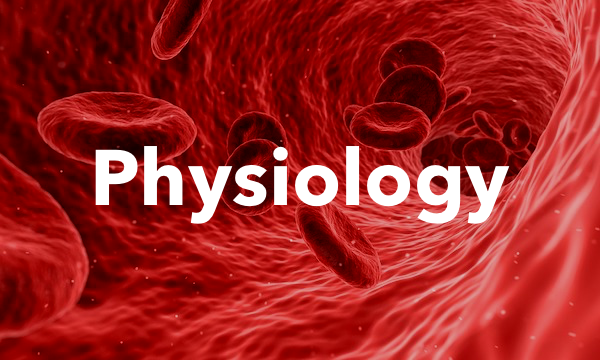
Course Description
Curriculum
Community
Overview
Physiology is the study of the mechanisms that drive living organisms. As such, it is a branch of biology with the aim of understanding how biological and chemical mechanisms in an organism carry out physical functions of organs, cells, and systems such as the nervous system — including how cells communicate with one another. Physiology divides into animal, plant, cellular, and microbial physiology, each of which concentrates on different physical functions that are important to their study; each studies both normal and abnormal functions, and is thus vital to understanding both health and illness.
Core Curriculum
The core topics introduce the field of physiology and give students the skills and understanding to choose and pursue their interests in the specialized topics. On completing the core, students will be able to independently read the historical and academic literature. The core topics are:
- Biochemistry
- Chemistry
- Genetics and Molecular Biology
- Cell Biology
- Neuroscience
- Physiology and Anatomy
- Pharmacology
- Methodology
- Endocrinology and Reproduction
- Physiological Control
- Exercise and Environment
- Physiology and Pharmacology of the Central Nervous System
Specializations
Specializations should be discussed with the Director of Studies. On completing specializations, students will be able to independently read advanced literature and conduct a final project in that topic. Some suggested specializations are:
- Animal Models of Disease and Injury
- Bioinformatics
- Comparative Physiology
- Drug Discovery and Development
- Vertebrate Form and Function
- Embryology
- Gene Cloning and Expression
- Human and Molecular Genetics
- Immune System in Medical Microbiology
- Stem Cells
- Protein Structure and Function
- Psychology
- Social Impact of the Biosciences
- Tissue Pathology
Schedule a Free Consultation
We'd love to get to know you and help you get pointed in the right direction.